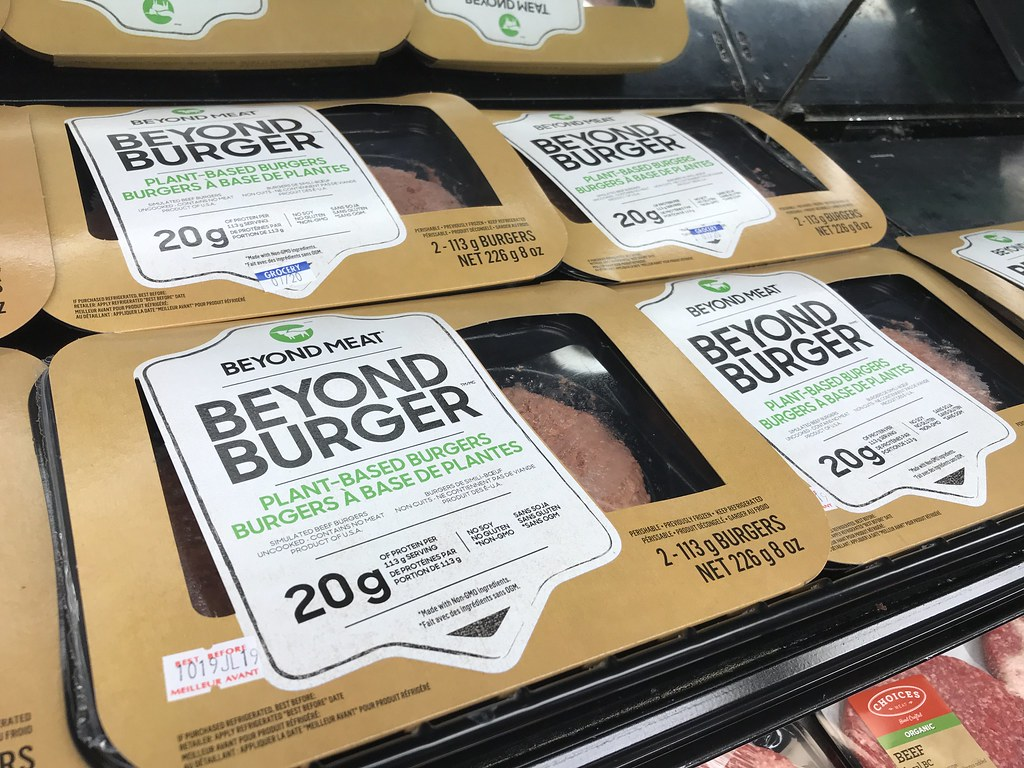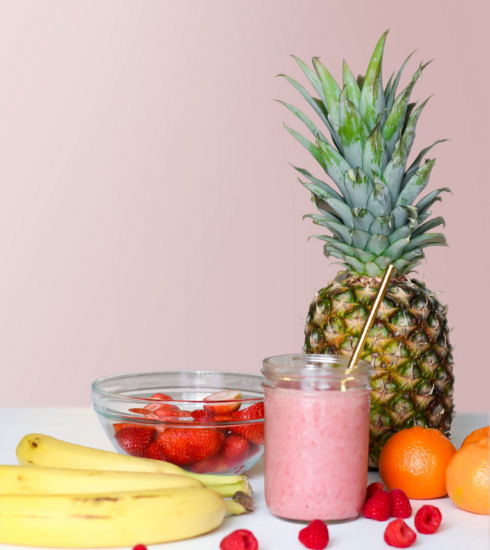Let’s Break Down Plant-Based Meats
Plant-based meats are all the rage and everyone is getting on the bandwagon. From Nestle’s Sweet Earth plant-based “meats” to Impossible Foods meat alternatives to Kellogg’s Incogmeato, plant-based meats are the food industry’s newest offering and it’s bringing in big bucks. Analysts project that plant-based meats and products will generate $85 billion by 2030.
Needless to say, manufacturers love the new plant-based trend. But as consumers, what do we need to know about these foods?
Fans of plant-based meats boast lower cholesterol, fat and calories than traditional meats. Many believe that consuming plant-based meats instead of traditional ones are also better for the environment because they use less water and land to produce. Critics of plant-based meats say the soy used to make them can raise estrogen levels in the body. Here’s the 411 on meat alternatives.

Types of Plant-Based Meat
These foods are made with soybeans and can take the flavor and shape of chicken, beef, pork or seafood
Soy-based meat substitutes
- Tofu: processed soybeans that is high in protein and calcium; use soft tofu to make sauces or for blending; buy extra firm tofu and press out the water for frying or sauteing
- Tempeh: fermented soy with a grainy texture that is rich in protein, fiber, calcium and vitamins
- Seitan: processed wheat gluten; has a dense, chewy texture and can be prepared like chicken, beef or pork
- Textured Vegetable Protein: dehydrated soy
- Impossible meat: a soy-based meat substitute made from a unique product called soy leghemoglobin, a GMO (genetically modified organism); NOTE: the Impossible Whopper sold at Burger King can be cross-contaminated by cooking on surfaces used to cook regular burgers.
Other meat substitutes
- Jackfruit: a tropical fruit that can be used as a meat substitute
- Mushrooms: firm texture that can be spiced and sautéed for a great meat stand-in
- Lentils/Beans: high in protein; cook and mash, combine with other diced vegetables, seasoned and pan fried into patties
- Beyond Meat: a protein made mostly from pea protein, rice protein, mung bean protein, canola oil, coconut oil, and other ingredients that contain a variety of vitamins and minerals. Beyond Meat products “bleed” like real beef when cooking by using red beet juice.
In conclusion, if you’re a meat-eater, then eating a meat substitute periodically meals can be better for your health. Research shows that some meats like red meat can raise your cholesterol and had even been linked to cancer, diabetes and premature death. However, you may want to limit your consumption of soy-based meat substitutes to keep estrogen levels normal.










